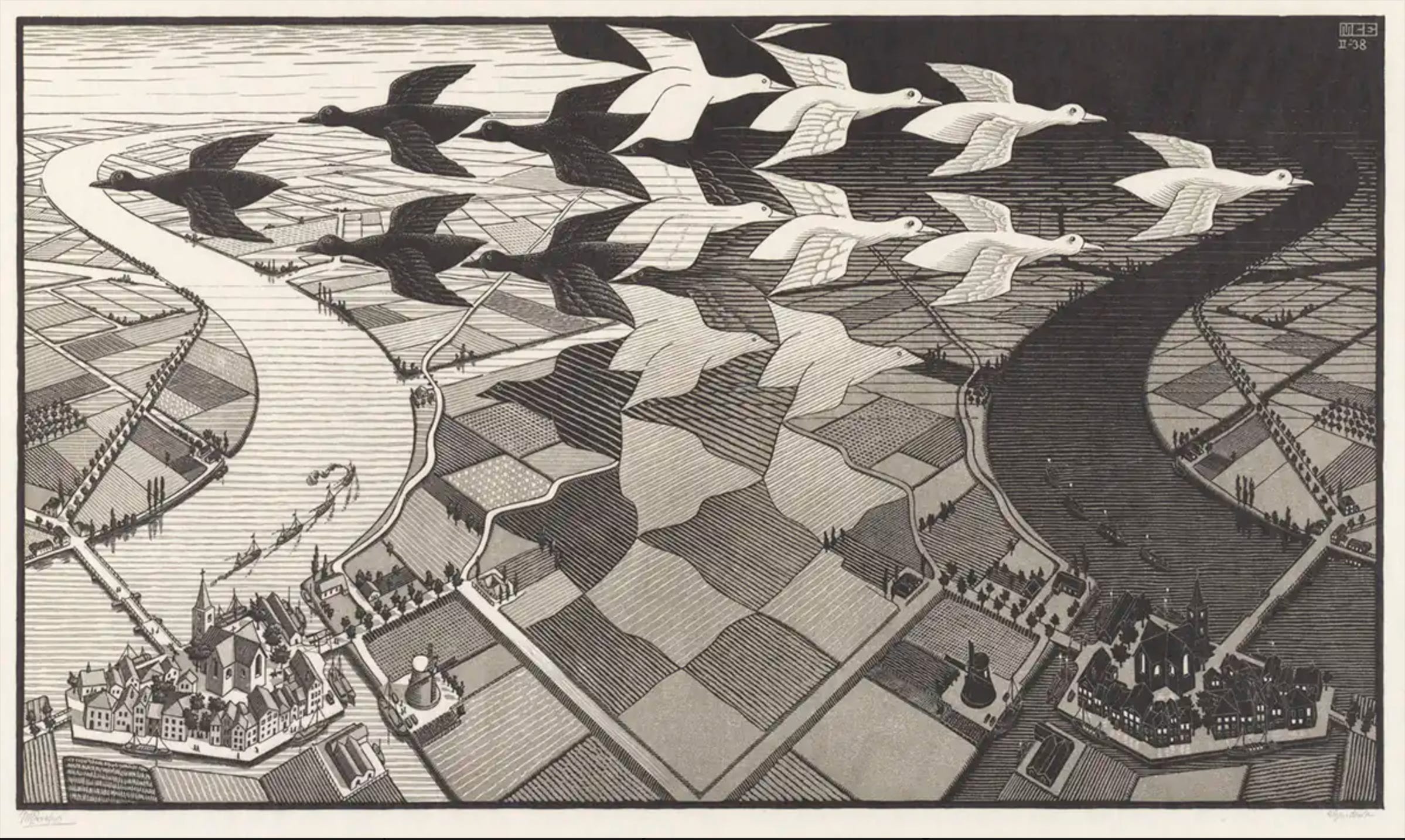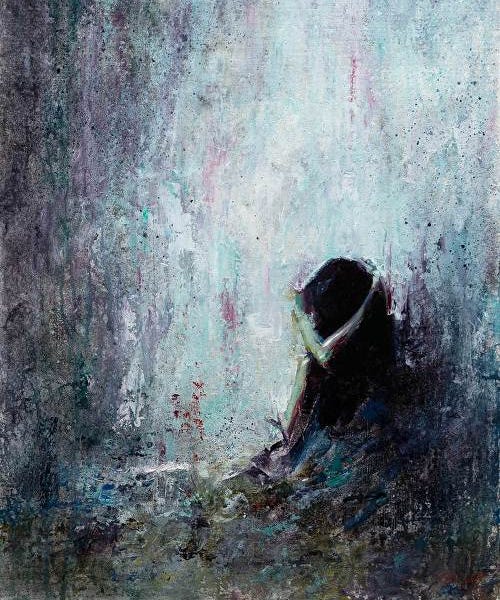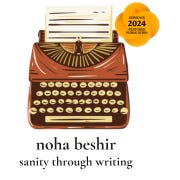in good faith
She said
only come to me
if you’re in
good faith
why don’t you
consider your intention
seek
to understand
before you lunge out
into lecture
I paused
took a moment
to reflect on the meaning
honest,
law-abiding,
with intention and purpose
even if
producing
unfortunate results
it wasn’t a shield
for us to hide
behind in silence
no
it wasn’t a guarantee
of comfort and ease
streamlined
guiding me
to understand
and take your position
good faith, to me
was putting pieces
on the table
for both of us to see
the stories
we tell ourselves
who we have a right to be
the why behind the scene
and who we may affect
downstream
the red lines
we won’t cross
to reach an end
by any means
you accuse me
of not coming, to meet
in good faith
but, see
I understand you
now, more than ever

Recently, I’ve been seeing the phrase “in good faith” used to talk about online dialogue. People want to be “approached in good faith” or categorize questions as “in good faith” or not.
The definition puts a lot of emphasis on intention, and in many cases I think our intentions are to call people out from silence (or “call in” if you prefer) so that we know where they stand. To have people show their hand and take accountability for their positions, whatever they are. Some have called this bullying, which I guess depends on the approach and tone used. I have had to teach myself out of a lecturing mindset, and to want to start with curiosity (and am still working on that…).
The “in good faith” definition also mentions “law-abiding,” which is a real minefield - whose laws? We’re seeing in real-time how conflicted world governments are on their own red lines, laws, and double-standards. So I will just leap over this aspect of defining the phrase. I suppose it shows how we have a tendency to hand-wave appeal to some greater body or being (“Laws”) as reasons to hide or justify what’s actually happening.
Anyway, back to the dialogue. Sometimes, as people’s stances and beliefs start to take shape, the curiosity fades away. They are telling you who they are by showing you their “pieces on the table” with the justifications (“why”), and who their position benefits (“for whom”). And sometimes, we need to set a boundary when those stances become so clear that continuing the dialogue would not be productive. It’s hard to admit this, that we can reach a point of not wanting to continue to engage, but it is healthy. Both as someone choosing to initiate the dialogue or receiving, we need to know when to stop.
Reading Noha Beshir’s post today inspired me to write this poem, and to take a deeper look at my own relationship to calling people into dialogue, my intentions, and ultimately setting a boundary if it is not going to be productive.

We can’t expect to persuade everyone of our position, and we will all reach the place we are meant to in our own time. All we can do is show our pieces on the table, our reasons why, and talk about who is important to us. Then we can make the real choices to live out those beliefs with our life force and choices. If other people do that, and we listen, I think that is in good faith. What happens next is up to both of us - it’s our choice, and we can let people show us who they are.
I highly recommend reading Noha's Post if you’re navigating the challenges of dialogue and conflict with friends, family, or strangers on the internet.
